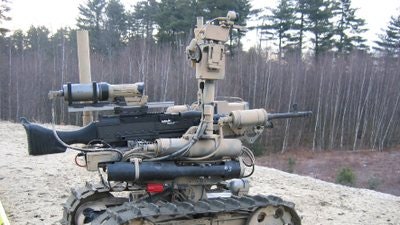
Technology's history is a story of two halves. One half, humans, demonstrates their opulence in the form of inventions. The other half, called the biosphere shows a richness and metabolism far exceeding human capabilities. The human race seems to have lost the plot in a world where technology is the dominant force.
Human technology has advanced rapidly over the past several centuries. But the human race's technological advances may be unsustainable. Scientists compare our impact with a new geological epoch.
Technology can be a blessing for the human race, but it can also bring about serious harm. If we continue down this path, we could end up destroying the Earth. As the adage goes, "You can't get things done if you don't do them". A short-term victory is better than an insignificant one.

Over the years, three main categories of technologies have been developed. These are computing, biotechnology, and domestication. Each one has its strengths and weaknesses.
In the past, humankind invented the steam engine, the coal power plant, and the car. Technology advancements led to the development of more powerful computers. Computers have become much more sophisticated. Some computers even come equipped with chips that allow them to control their performance. Despite the technological advances it has made, humans have still managed to eradicate more than their fair share of biological species.
Although there is no easy answer to the question how the human race ended in this place, there are a few key factors. These include expansion, adaptability, natural tendencies, and adaptation. The potential for life on Mars is possible with technological innovations, but it will require the human race to do more than that.
Human expansion has been facilitated by the inventions of fire and other early technological innovations. During the Neolithic era, humans began to use stone for tools, such as hammers and anvils. Hourglass clocks have been around for hundreds of years, and clay was used to make pottery. Mesopotamia and Egypt also had irrigation systems. This was an important step towards the transition from agriculture to foraging.

Many great technological achievements have been achieved through technology, including the inventions of the Internet, the combustion engine, and the smartphone. It can be difficult to grasp the implications of technology and how they may affect our planet. The biosphere is the best way to approach this problem. We should accept that we are only scratching the surface of an interdependent world.
It is impossible to predict when we will see the ultimate human technological breakthrough. Future is uncertain and technology is a threat. There are ways we can make it less uncertain. A little thought can help us rethink our relationship to technology. The potential for technology to improve living organisms is perhaps the most exciting thing about the universe.